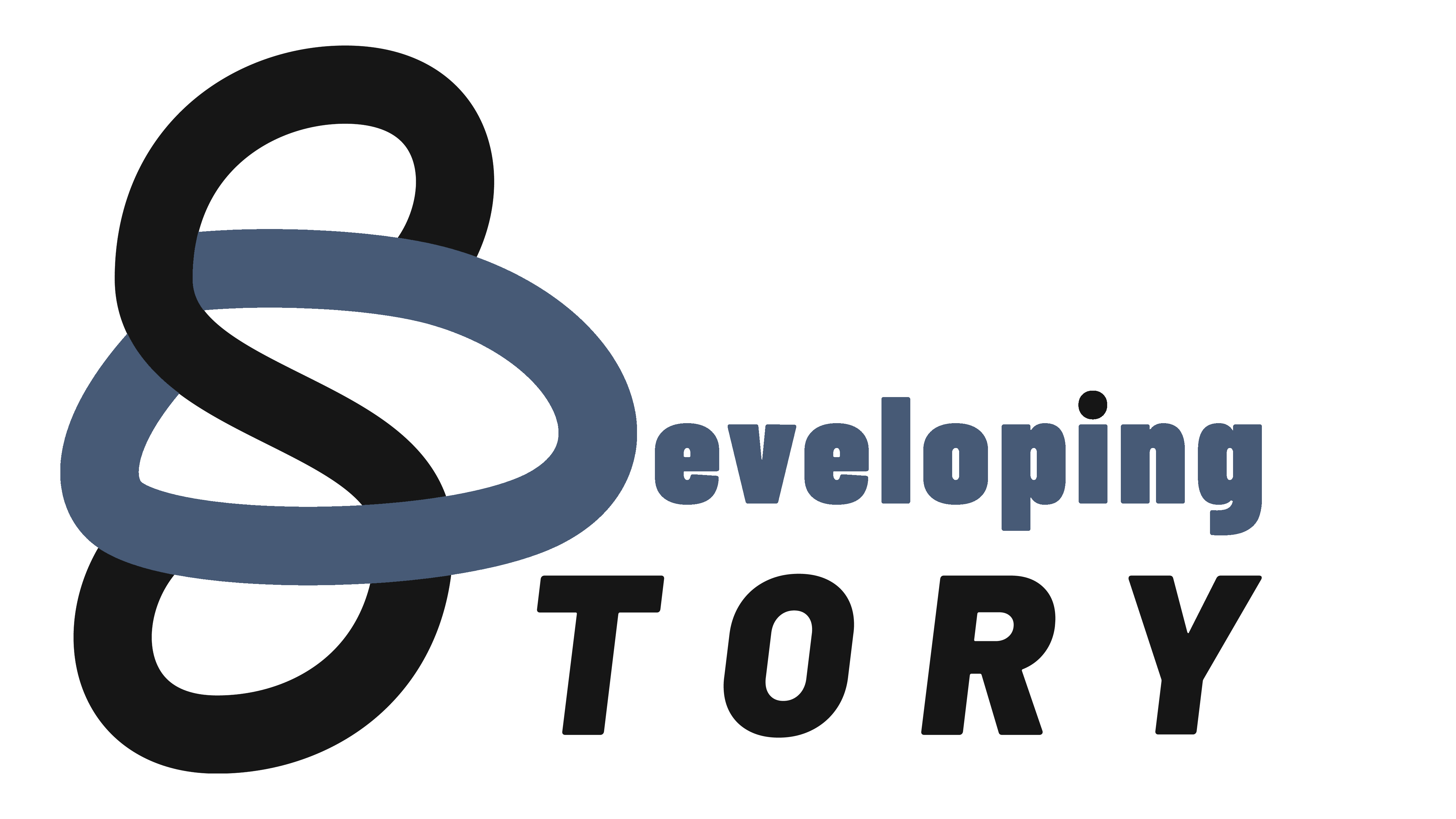Los Angeles, May 23, 2024 — The simmering tension between Hollywood and artificial intelligence has burst into the spotlight once again, as Scarlett Johansson takes legal action against OpenAI, alleging unauthorized use of her voice and likeness. This high-profile case underscores the entertainment industry’s deepening concerns over AI’s potential to disrupt creative professions.
Johansson’s lawsuit claims that OpenAI used her voice and image without consent, specifically pointing to AI-generated content that mimicked her distinctive voice. This legal battle highlights the growing unease among actors, writers, and other creatives about the implications of AI technologies in their fields.
The Legal Grounds
The core of Johansson’s case revolves around intellectual property rights and the protection of personal likeness. The actress argues that OpenAI’s use of her voice and image for commercial purposes without her approval constitutes a violation of her rights. This case is poised to set a precedent, as the entertainment industry grapples with the legal and ethical boundaries of AI.
“It’s not just about me; it’s about protecting the rights of all artists and ensuring that our work is not exploited by new technologies,” Johansson said in a statement.
Hollywood’s AI Anxiety
The entertainment industry has been wary of AI’s capabilities for years. From deepfake technology to AI-generated scripts, the potential for AI to replace human creativity has been a topic of intense debate. Johansson’s lawsuit has reignited these discussions, with many industry professionals expressing solidarity and concern.
Screenwriters, in particular, have voiced their fears about AI’s ability to generate scripts. The Writers Guild of America (WGA) has been proactive in addressing these issues, pushing for regulations that protect writers’ jobs and creativity. The guild’s recent negotiations have included clauses that limit the use of AI in scriptwriting, reflecting a broader industry trend.
The Ethical Dilemma
AI’s ability to replicate human voices and images presents a significant ethical dilemma. While the technology offers exciting possibilities, it also poses risks to personal privacy and the integrity of creative work. Johansson’s case emphasizes the need for clear ethical guidelines and legal frameworks to govern the use of AI in entertainment.
“AI can be a powerful tool, but without proper regulation, it can also be dangerous. We need to find a balance that respects the rights of individuals while allowing for technological innovation,” said Dr. Emily Rodriguez, an expert in AI ethics.
OpenAI’s Response
OpenAI has responded to the lawsuit, stating that their use of AI-generated content is intended for research and educational purposes, not commercial exploitation. The organization has expressed a willingness to collaborate with the entertainment industry to develop guidelines that ensure ethical use of AI technologies.
“We are committed to transparency and to working with all stakeholders to address concerns and find solutions that benefit everyone,” said an OpenAI spokesperson.
The Future of AI in Entertainment
As Johansson’s lawsuit unfolds, it will likely have far-reaching implications for the future of AI in Hollywood. This case could pave the way for new regulations that define how AI can be used in creative industries, balancing innovation with the protection of individual rights.
Industry insiders are closely watching the developments, recognizing that the outcome will shape the future of entertainment. The challenge lies in harnessing AI’s potential while safeguarding the creative contributions of human artists.
Conclusion
Scarlett Johansson’s legal battle with OpenAI is more than a personal grievance; it is a pivotal moment for Hollywood. The case brings to the forefront critical questions about the intersection of technology, creativity, and rights. As the industry navigates this uncharted territory, the need for thoughtful regulation and ethical considerations has never been more apparent.
For Hollywood, the stakes are high. The resolution of this feud will determine how the industry integrates AI, ensuring that it enhances rather than diminishes the artistry that defines entertainment.


